IVF Treatment in Bhopal
What is IVF?
In Vitro Fertilization (IVF) is a specialized medical procedure that helps couples who are struggling to conceive naturally. IVF treatment in Bhopal offers hope by using advanced techniques to improve the chances of pregnancy. The process includes retrieving eggs from the woman’s ovaries, fertilizing them with sperm in a laboratory, and transferring the healthiest embryos back into the uterus. This method is often recommended when other fertility treatments have not been successful.
At Maan Hospital, located on Sultania Road, Bhopal, Dr. Viraj Jaiswal is recognized for providing trusted IVF Treatment in Bhopal. With extensive experience in reproductive medicine and a caring approach, Dr. Jaiswal ensures that every couple receives personalized attention throughout the IVF journey. From diagnosis to treatment planning and embryo transfer, he guides patients with clarity, support, and expert medical care.
For couples looking for reliable and effective fertility solutions, Maan Hospital offers advanced facilities and compassionate support. Under the guidance of Dr. Viraj Jaiswal, many couples have successfully moved closer to achieving their dream of parenthood.

Why is IVF Performed?
IVF is often used for several reasons, particularly when natural conception isn’t successful. Some of the most common reasons include:
Blocked or damaged fallopian tubes
Blocked or damaged fallopian tubes hinder fertility by preventing eggs from reaching the uterus. Additionally, infections, endometriosis, and previous surgeries often cause these blockages.
Male infertility issues
Male infertility issues typically arise from low sperm count, poor motility, or abnormal morphology, which can significantly impact the chances of fertilization.
Ovulation problems
Ovulation problems occur when ovaries do not release eggs regularly, affecting fertility. Hormonal imbalances, polycystic ovary syndrome (PCOS), stress, and age-related factors often cause these issues, leading to irregular menstrual cycles.
Unexplained infertility
Unexplained infertility happens when doctors cannot find a specific cause despite thorough testing. This situation affects many couples trying to conceive, often increasing emotional stress and the need for additional treatments.
Age-related infertility
Age-related infertility refers to the natural decline in fertility as women get older, especially after age 35. This decline results from reduced egg quality and quantity, hormonal changes, and higher risks of miscarriage or genetic disorders.
At Mann Hospital Dr Viraj Jaiswal carefully evaluates each patient’s situation and recommends the best treatment options.
The IVF Process: A Simple Step-by-Step Guide
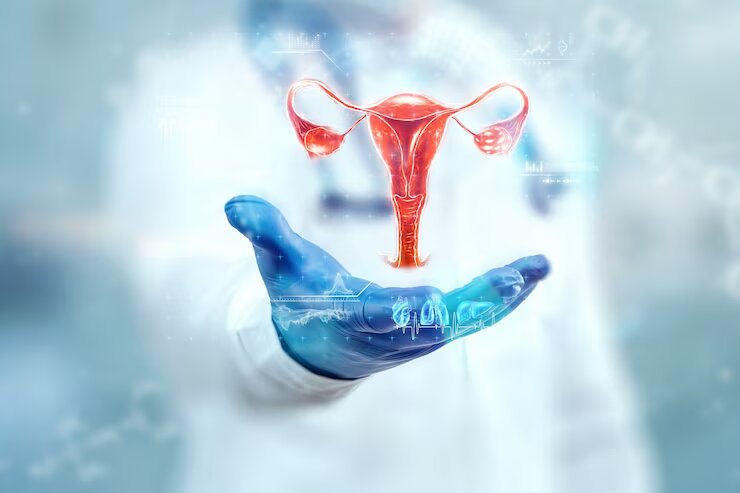
Ovarian Stimulation
Fertility medications help the ovaries produce several eggs at once, which increases the chances of success during the this process.
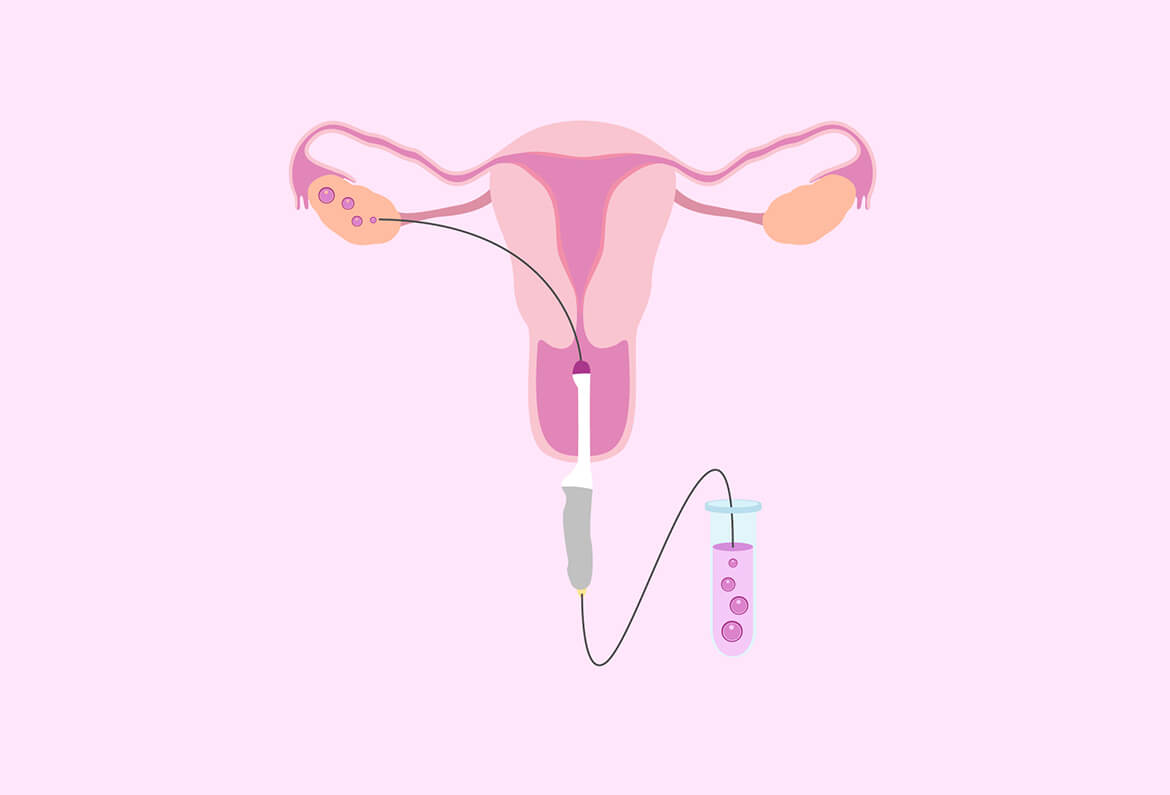
Egg Retrieval
Once the eggs are mature, a needle is used to collect them from the ovaries. This procedure is performed under sedation to ensure comfort.
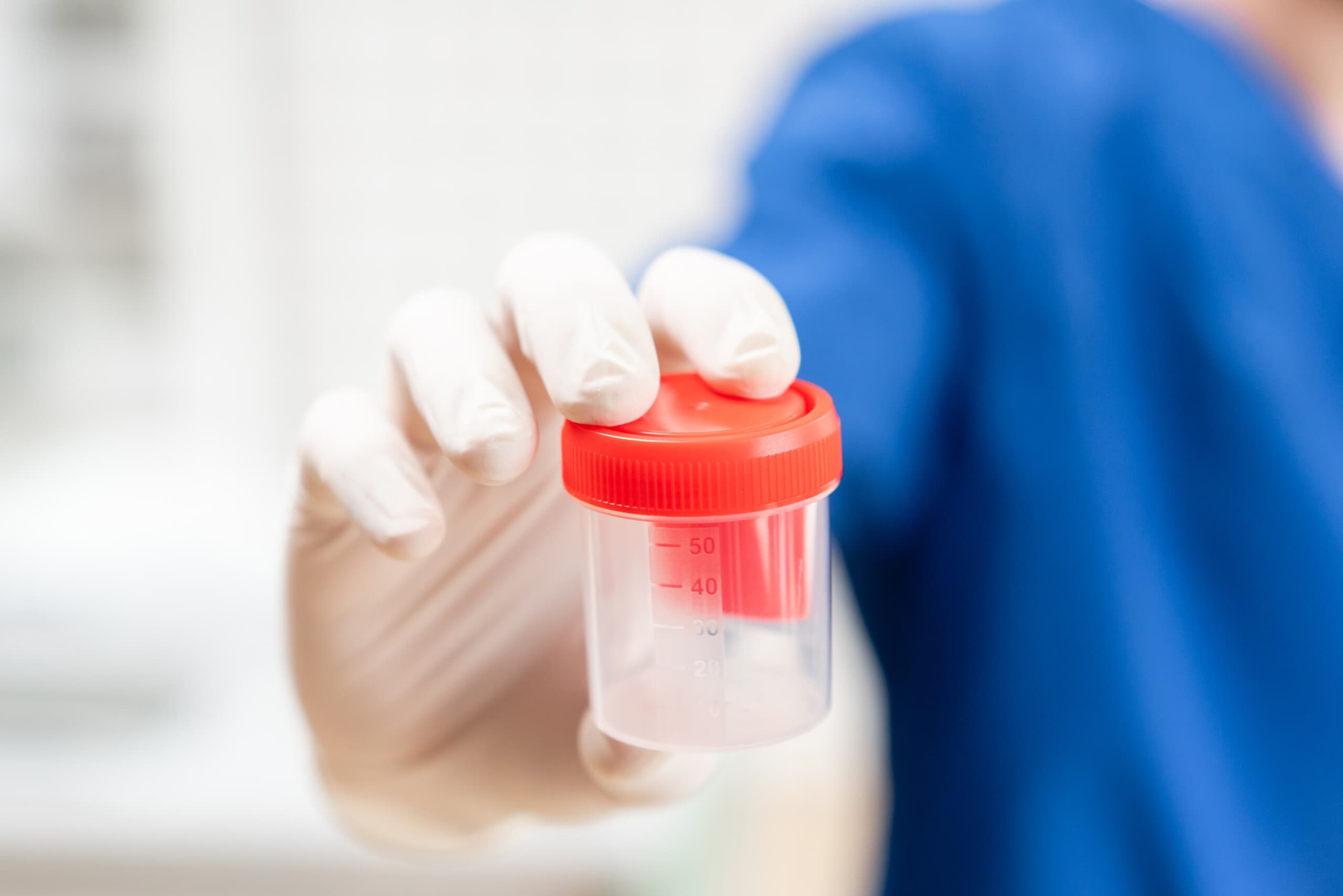
Sperm Collection
Next, the male partner provides a sperm sample, or donor sperm is used depending on the situation.
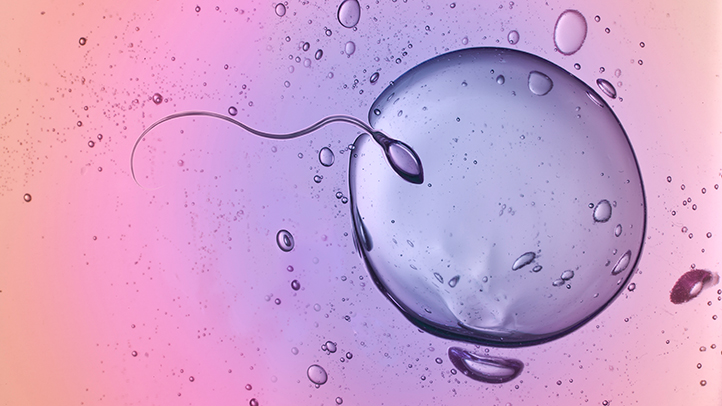
Fertilization
In the lab, eggs and sperm are mixed together. Sometimes, a technique called ICSI (intracytoplasmic sperm injection) is used, where a single sperm is injected directly into the egg to enhance fertilization.
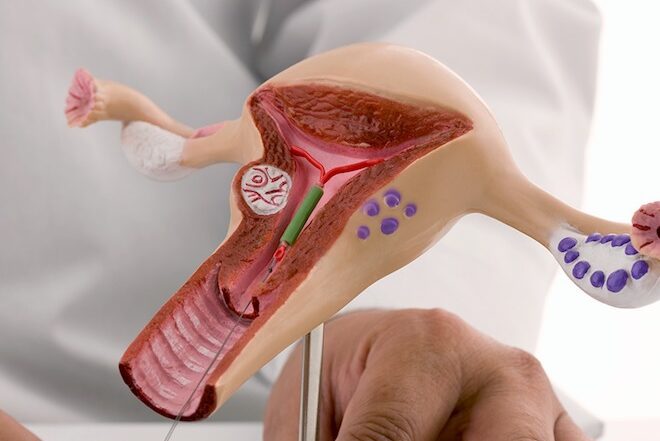
Embryo Transfer
Finally, one or more embryos are placed into the woman’s uterus in a quick, painless procedure.
How common is IVF?
It has become a highly popular fertility treatment worldwide. Since its introduction in 1978, IVF has helped millions of babies come into the world. In India, the number of people seeking continues to grow each year, with more couples turning to it to start their families.
At Mann Hospital, Dr. Viraj Jaiswal offers expert IVF treatment in Bhopal, giving hope to many families.
How to Prepare for IVF
Medical Check-up
A thorough evaluation of your fertility and health helps tailor the treatment plan to fit your specific needs.
Healthy Habits
Maintaining a balanced diet, staying active, and managing stress improves your chances of success.
Medications
You may need to take fertility drugs to stimulate egg production.
What to Expect After Treatment
After the embryo transfer, you might experience some mild cramping or spotting. It’s normal to rest for a few days, but most women can quickly return to their normal routine. About 10-14 days later, the doctor will perform a pregnancy test to check if the procedure was successful.
At Mann Hospital, patients appreciate the caring and supportive environment that Dr. Viraj Jaiswal and his team create during this emotionally charged process.
Risks and Benefits
Risks
Ovarian Hyperstimulation Syndrome (OHSS)
This reaction can occur if the ovaries respond too strongly to fertility drugs.
Multiple pregnancies
IVF can increase the chances of having twins or triplets, which carries higher risks during pregnancy.
Ectopic pregnancy
Sometimes, the embryo may implant outside the uterus.
Birth defects or miscarriage
Birth defects refer to structural or functional abnormalities present at birth, while miscarriage involves the loss of pregnancy before 20 weeks. Both conditions can result from genetic, environmental, or health-related factors.
Benifits
High success rate
IVF has one of the highest success rates among fertility treatments.
Genetic testing
IVF allows for pre-implantation genetic testing to screen for certain genetic conditions.
Solves multiple infertility problems
IVF helps address both male and female issues.
How effective is IVF?
The success of IVF is determined by factors such as age, health, and cause. For women under the age of 35, the success rate is normally between 40 and 50%. The success rate decreases as age increases. Dr. Viraj Jaiswal, an expert IVF doctor in Bhopal at Mann Hospital, uses the latest techniques and provides personalized care to increase the chances of success.
How Long Until You Know if IVF Worked?
You’ll know if IVF worked about two weeks after the embryo transfer, when a blood test checks for pregnancy hormones. If the test is positive, further monitoring follows. If negative, discussing next steps with your fertility specialist is important for planning future attempts or alternatives. After the embryo transfer, it usually takes about 10-14 days to find out if you are pregnant. This is confirmed by either a blood test or a home pregnancy test.
Risk Factors
While IVF is generally safe, factors like age, health conditions, and hormone levels can affect the outcome. Dr. Viraj Jaiswal takes all these factors into account when planning your treatment at Mann Hospital, ensuring that you receive the best possible care.
Frequently Asked Questions
In Vitro Fertilization (IVF) is a process where eggs are retrieved from the ovaries and fertilized by sperm in a laboratory. The fertilized eggs (embryos) are then placed in the uterus to initiate pregnancy. IVF is one of the most effective fertility treatments, especially for couples who struggle with infertility
The entire IVF process, from ovarian stimulation to embryo transfer, typically takes about 4-6 weeks. The exact timeline may vary depending on your body’s response to medications and the specific protocols used. Dr. Viraj Jaiswal, a leading IVF doctor in Bhopal, can provide a more precise timeline after evaluating your condition.
While IVF is generally safe, some risks include ovarian hyper stimulation syndrome (OHSS), multiple pregnancies, ectopic pregnancy, and, in rare cases, miscarriage or birth defects. Dr. Viraj Jaiswal, a trusted IVF specialist in Bhopal, will discuss these risks with you and help minimize them through careful monitoring.
Preparation for IVF includes undergoing medical tests, starting fertility medications, and making healthy lifestyle changes, such as eating a balanced diet and managing stress. Viraj Jaiswal, an experienced IVF doctor in Bhopal, will guide you through every step of preparation at Mann Hospital.
About 10-14 days after the embryo transfer, a pregnancy test will be done to confirm if the IVF treatment was successful. Viraj Jaiswal and his team at Mann Hospital in Bhopal will monitor your progress and provide support during this time.
Choosing the right infertility specialist is crucial for your IVF success. Look for a doctor with experience, expertise, and a personalized approach to care. Dr. Viraj Jaiswal, an expert IVF doctor in Bhopal at Mann Hospital, is highly regarded for his success with IVF and his compassionate care throughout the treatment process.




